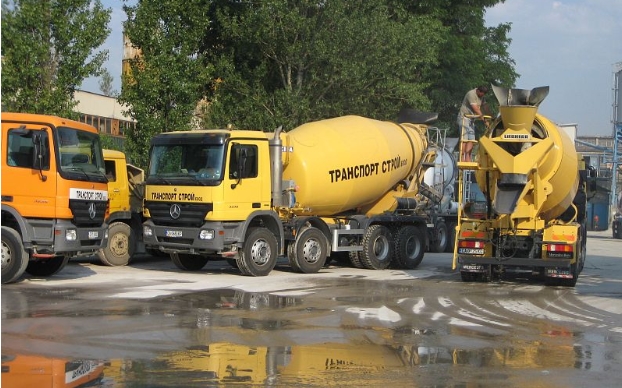In the construction industry, as I’m sure you’re aware, your workers are only as good as the tools they have access to. A true veteran of the niche will be able to take a quick look around a building and gauge the quality of the tools that were used. The way you source your equipment is clearly very important, so you may be struggling with the decision of whether to buy or lease your equipment. In this post, we’ll look at some of the major advantages and disadvantages of each choice.
Buying

Like a lot of ambitious business owners, you might be immediately attracted to the idea of buying your equipment outright rather than renting it from another entity. There’s a lot more to this choice than simply being able to call something yours. When you’re able to buy excavators, jackhammers, concrete mixers and anything else you might need, it immediately makes the convenience and availability of the equipment a non-issue. You’ll be able to keep it on-call and ready to be driven out to a job site whenever it’s needed. With the unpredictability of some projects, I’m sure you can see the appeal in this! Furthermore, the operators on your projects will be able to become familiar with all the little details and nuances of the model, making them ultimately better workers. The only real downside is that when you own a piece of equipment, you’re responsible for all the costs that come with it. You’re going to have to cover the cost of storage space, transportation, but most of all maintenance. This can become a massive strain on your cash flow, and hold you back from upgrading to the newer model of the apparatus when you’d like to.
Leasing
If your company goes through fluctuating, sporadic workloads, and carries out a wide range of different projects, then leasing may be the more cost-effective option for you. The main benefit to leasing your construction equipment is the flexibility that comes with it. You can pay for the equipment as and when you need it, and won’t have to worry about storage, transportation or maintenance. Let’s say you needed a cement mixer with certain capabilities for a job, but this was something of a freak occurrence in the grand scheme of your work. Buying this piece of equipment outright and then having to pay for all the costs that come with it isn’t going to be the most cost-effective solution! By leasing equipment, you’ll have far less expenses and complications to worry about. The main drawback of leasing equipment is that the costs can start to pile up over time, and you may find yourself at a point where it would have been far more cost-effective to buy it. Depending on leasing companies can also cause all kinds of scheduling issues. You may have a strict deadline to finish a project by, but find that a piece of equipment you suddenly need isn’t available. While this is a rare occurrence, it can mean a massive financial blow to the construction business.





